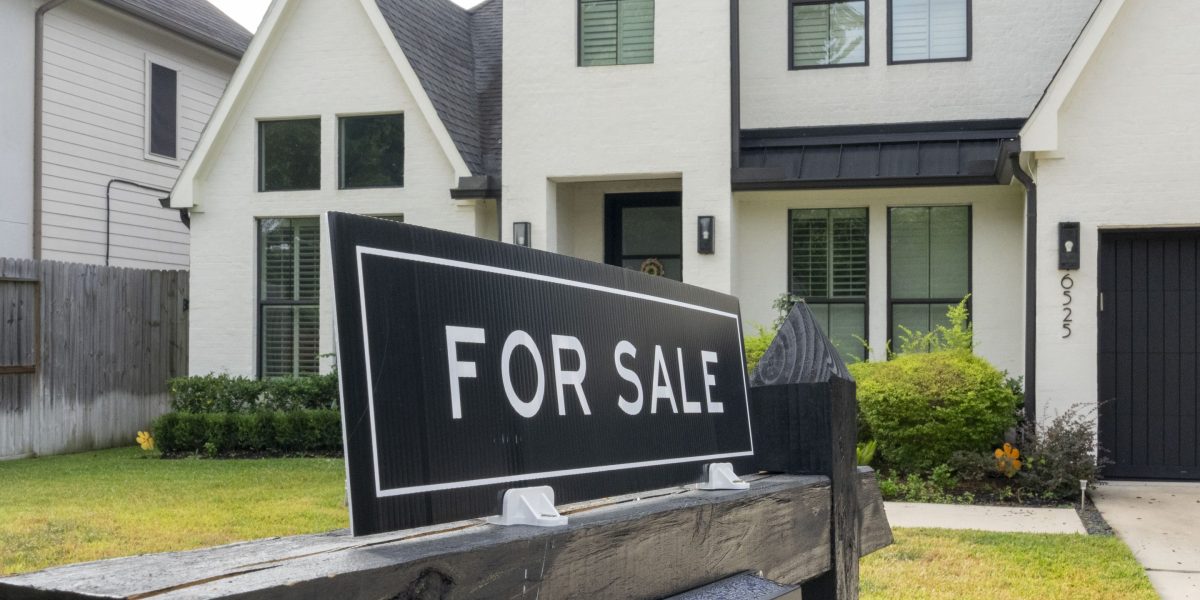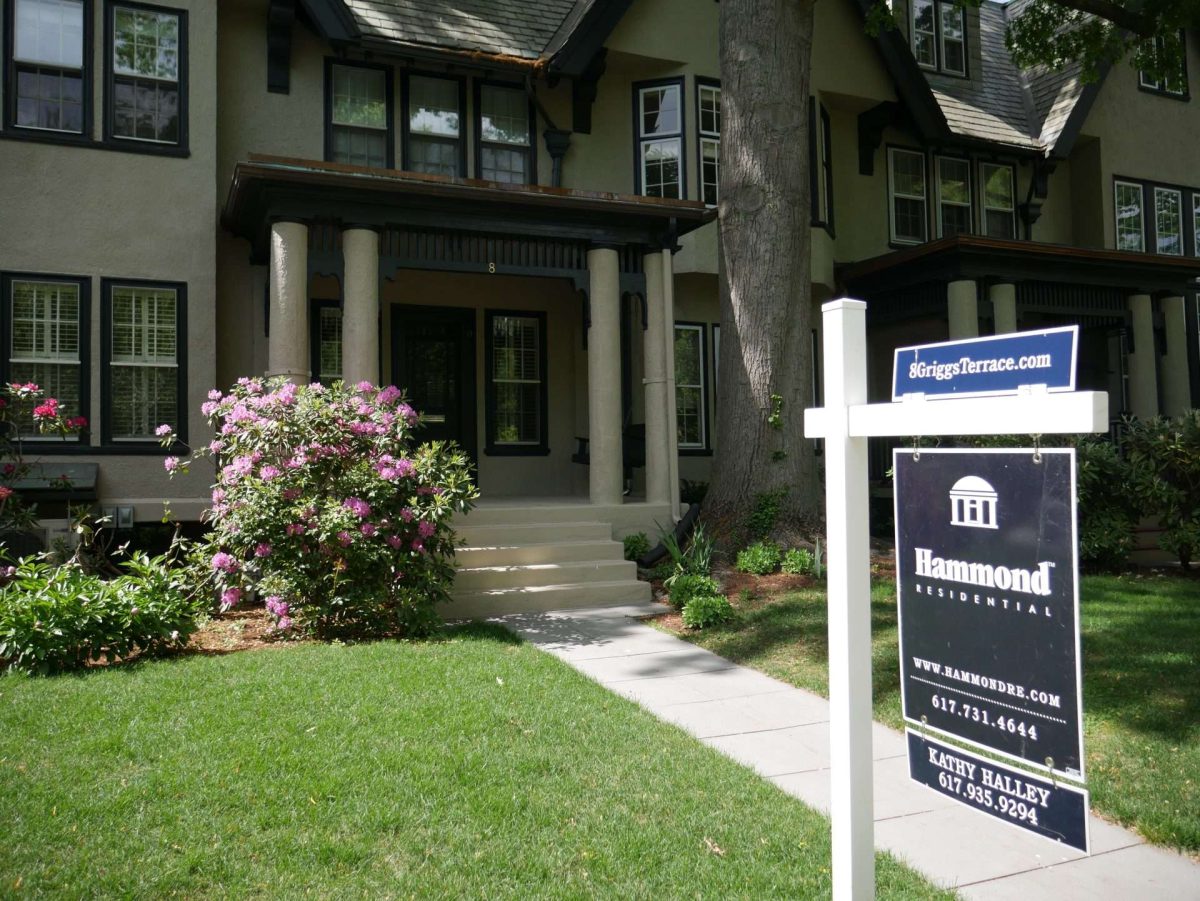T
he Real Estate Industry's Blockchain Awakening
For decades, the real estate sector has been ripe for disruption by blockchain technology. However, past attempts were met with skepticism and regulatory hurdles. Now, with the Trump administration's Department of Government Efficiency (DOGE) exploring blockchain solutions, the industry is poised to undergo a transformative shift.
President Trump's background in real estate makes him uniquely positioned to champion this cause. His experience building a global brand and navigating complex transactions has given him a deep understanding of the sector's inefficiencies. By leveraging blockchain, DOGE aims to cut unnecessary fees, reduce fraud, and make homeownership more accessible.
The mortgage sector is already experiencing significant changes under the leadership of FHFA Director Bill Pulte. Shake-ups at Freddie Mac have led to senior departures, signaling a demand for disruption in the mortgage space. This creates an opportunity for onchain, crypto-native solutions to take hold.
At recent conferences, policymakers discussed leveraging blockchain for real estate transactions as a potential policy solution. They acknowledged that using blockchain could reduce closing costs like title reviews and transaction fees, which consumers spend $30 billion on annually. This shift in stance signals a major change in the U.S. government's approach to crypto.
The DOGE agency is leading an effort to streamline government inefficiencies, rather than stifling blockchain innovation. Policymakers are now asking how soon they can implement blockchain solutions, rather than questioning their validity. This move could set the stage for a new era of blockchain-backed government efficiency.
A System in Need of Reform
Despite being a crucial pillar of the U.S. economy, the real estate industry lags behind other sectors when it comes to infrastructure. Property records are stored and managed using outdated systems, with over 3,000 counties maintaining separate databases. This fragmented system creates inefficiencies, increases costs, and opens the door to fraud.
The FBI has reported a significant rise in real estate fraud, with criminals exploiting old infrastructure to forge property records and steal identities. AI-driven fraud is making these schemes more sophisticated and harder to detect. Blockchain can provide a single, tamper-proof ledger that records property ownership with 100% accuracy, replacing thousands of fragmented data points.
With an onchain system, ownership transfers can be automated and executed in real time via smart contracts, eliminating the need for costly verification processes. Fraud would become virtually impossible, as records could not be altered or forged without detection. This is not just a technical upgrade – it's a necessity.
The Future of Home Buying
A modernized real estate system doesn't just benefit governments or financial institutions; it empowers consumers. Today's homebuyers expect convenience, transparency, and digital efficiency, but the industry is still held back by 20th-century processes. By embracing blockchain for property records and smart contract settlements, policymakers can set the stage for faster, more affordable, and more accessible real estate transactions.
Homebuying could become as seamless as any other digital transaction, and even more secure. With DOGE exploring blockchain solutions and a real estate mogul in the White House, it's not hard to imagine a future where deeds are replaced with digital tokens.














